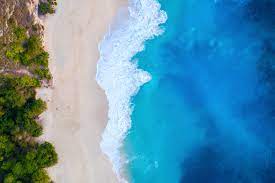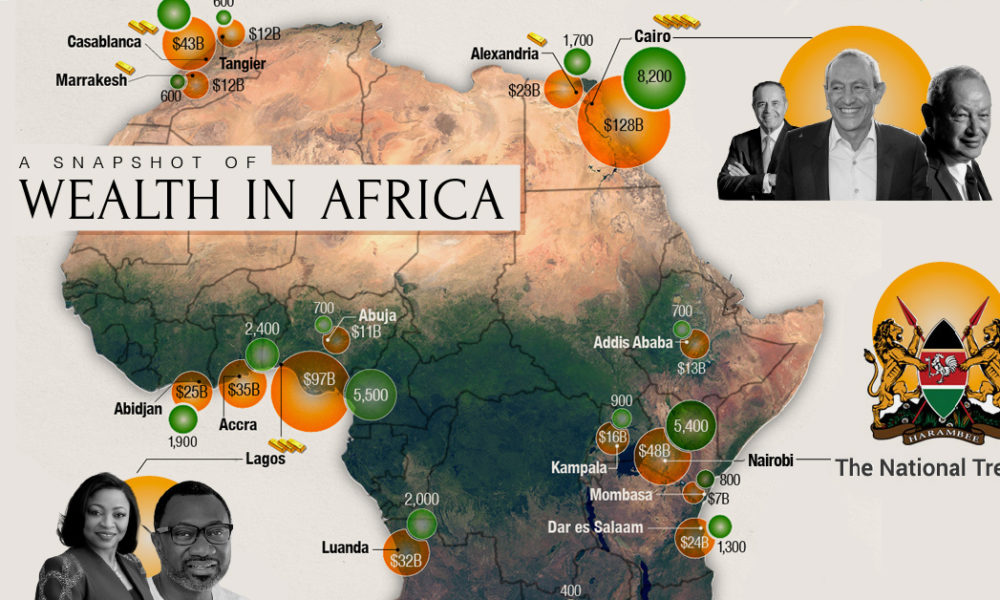The paradise island of Mauritius has been hit hard by climate change and Covid-19, but returning tourists and a renewed focus on manufacturing and the blue economy offer causes for optimism.
Climate change is just one of the factors troubling the island’s tourism industry. In 2020, the island adopted a “zero Covid” policy and a strict lockdown, meaning all the resorts were empty of tourists. Annual tourist visitors fell from 1.4 million a year — more than the island’s population of 1.2 million — to close to zero. In 2019, before the Covid-19 pandemic, 19.5% of the island’s GDP came from tourism, which accounted for more than 100,000 jobs. That plunged to 8.3% in 2020 and 4.6% in 2021, according to data from Statista.
To protect workers and businesses, the government stepped in with a huge stimulus, around 28% of the country’s GDP, according to an IMF estimate. This included the state spending around $400m supporting wages for employed and self-employed Mauritians and also lending money to some of the biggest companies in struggling sectors like tourism.
The global economic environment is now also weighing on prospects — annual inflation in 2022 was expected to rise to 11.4%, says the IMF, due to surging commodity prices, past depreciation of the rupee, and recovering domestic demand. Some believe that Mauritius’s tourism sector is now close to recovering from pre-pandemic levels, especially that tourists now tend to spend more time in the country than before – 14 days on average compared to nine before the pandemic.
Despite the potential for “robust growth” — the IMF projects growth of 6.1% in 2022 and 5.4% in 2023, followed by a convergence to its pre-pandemic trend growth of 3-3,5% in the medium term.



